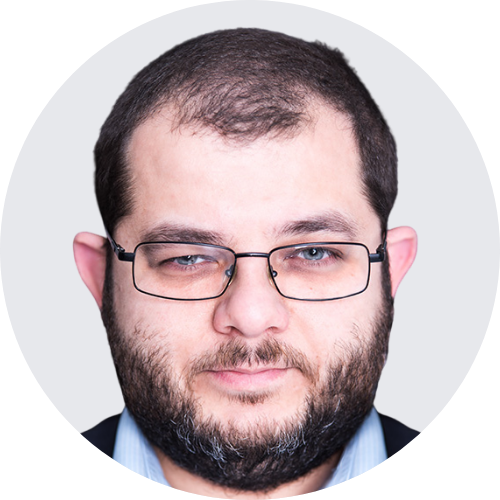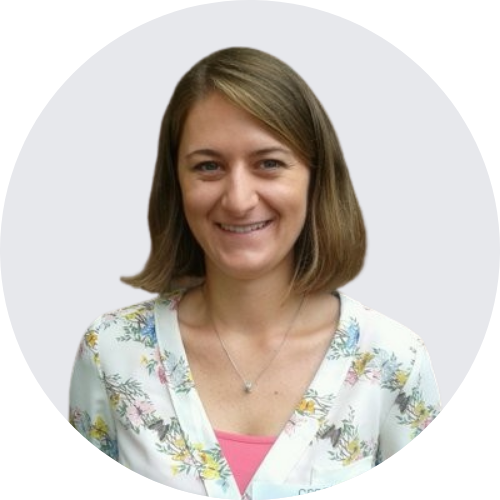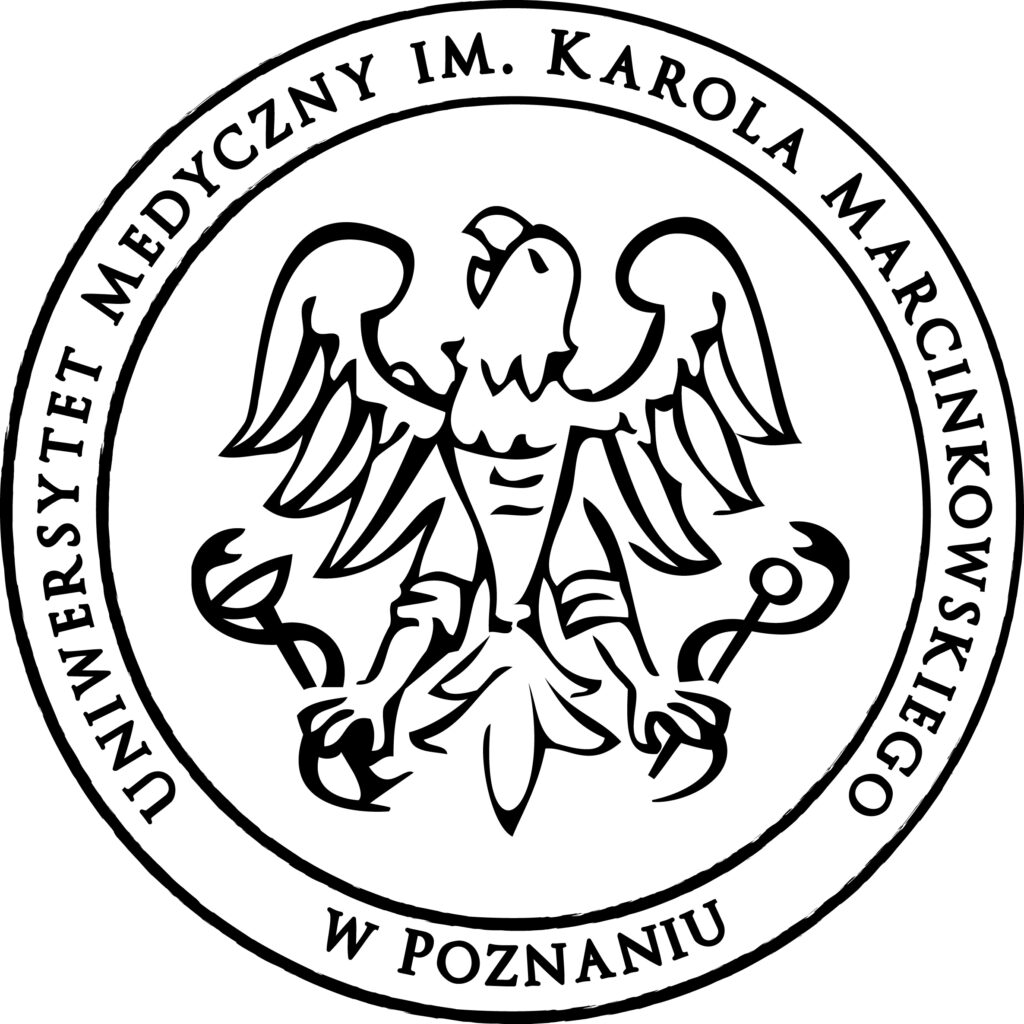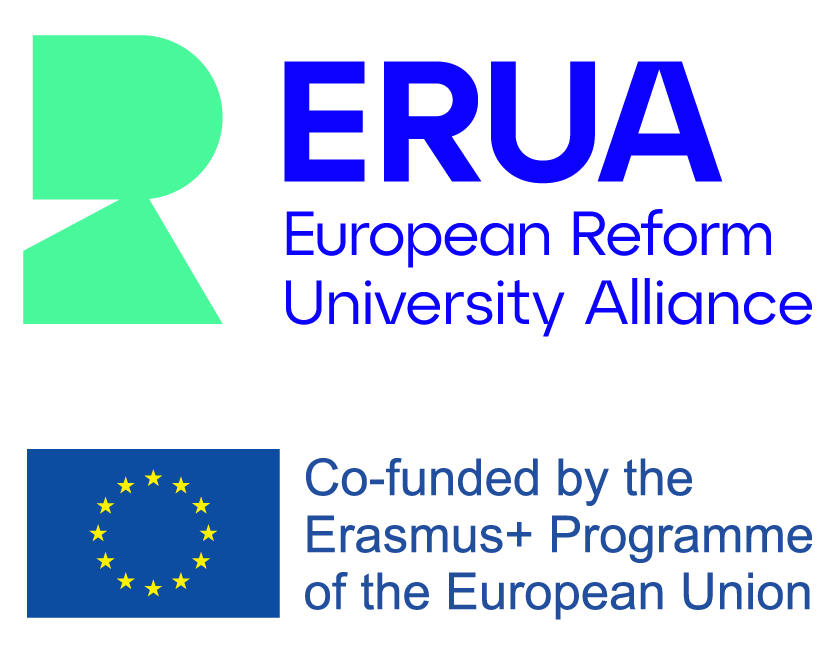Prof. Aleksandra Cisłak-Wójcik – Vice-Rector for Science, Professor at SWPS University – She is a Professor at SWPS University and Vice-Rector for Research. She is a social and political psychologist. Her research explores social hierarchies, how people identify with groups, and the relationships within those groups. She leads and participates in research projects both in Poland and internationally. Aleksandra has written extensively on power, identity, social perception, and conflict resolution in academic journals. She is also an editorial board member for Psychology of Women Quarterly, Political Psychology, and the European Journal of Social Psychology. As a recognized expert, she has received scholarships from the Foundation for Polish Science, Polityka weekly, and the Ministry of Science and Higher Education for outstanding young scientists. Her international experience includes research fellowships at the University of Erlangen-Nuremberg (Germany), the University of Kent (UK), the University of Waikato (New Zealand), and the IDC (Israel). She is also a frequent contributor to popular science publications.
Dr. Patrycja Sosnowska-Buxton – Uniwersytet Stavanger, Norwegia – She is a distinguished expert with over 20 years of experience driving Diversity, Equity, and Inclusion (DEI) initiatives in the tech industry in the EU. Renowned for her strategic vision and ability to navigate complex ethical and operational challenges, Patrycja excels in embedding DEI into the core of business strategies across diverse industries. Beyond her corporate achievements, she is a respected thought leader known for fostering collaboration between business and academia, pioneering innovative approaches that promote social inclusion and human rights on a global scale.
Prof. Chris Seed – Professor of Design for Regenerative Futures w RMIT, Australia – He is Professor of Design for Regenerative Futures at RMIT, Melbourne, Australia, where he collaborates with a wide variety of communities and partners to explore how design provides methods to adapt toward becoming a regenerative society. Chris has an established track record in directing large complex grants and educational programmes with academic, industry and third sector partners, that apply design and data methods to social, environmental and economic challenges. Prior to joining RMIT, Chris was Director for the Edinburgh Futures Institute, involving the transformation of the Old Royal Infirmary of Edinburgh, a Florence Nightingale hospital in the centre of Edinburgh, into a world leading centre for interdisciplinary teaching, research and innovation. Chris also led the development and leadership of the Institute for Design Informatics that is home to a combination of researchers working across the fields of design, social science, and data science, as well as the PhD, MA/MFA and MSc and Advanced MSc programmes. His publications are associated with the many collaborative research projects that he has led and been part of that spanned sectors including design research, the digital economy, creative industries, and human-computer interaction. Chris was Founding Director of the £7.4m Creative Informatics R&D Partnership, one of the nine AHRC funded Creative Industries Clusters in the UK (2018-2024). Chris maintains ties to research projects with partners across the UK and Europe including being a former Co-I to the Next Stage Digital Economy Centre DECaDE led by Surrey with the Digital Catapult (2019-2025), and a Co-I to the DCODE European network and PhD program for training the next generation of researchers and designers to guide society’s digital transformation towards inclusive, sustainable futures (2020-2024).
Dr. Eng Patrycja Radek – innovation broker at SWPS University, Poland – Patrycja Radek, PhD – innovation broker at the Knowledge Transfer Centre of SWPS University, strategist in the development of technological projects and companies, has 11 years of experience in commercialisation of innovative solutions and development of innovation-based businesses. Leadership expert in deep tech R&D teams. Strategist and expert related to the development of programmes and projects dedicated to technology startups, impactful innovation, deep tech. Mentor and active activist for increasing the presence of women in new technology development. Graduate of the TOP500 Innovators fellowship at the University of California, Berkeley.
Prof. Tomasz Grzyb – social psychologist, professor at SWPS University, Poland – Prof. Tomasz Grzyb is a social psychologist, professor at the SWPS University, Dean of the Faculty of Psychology at the SWPS University in Wrocław. Editor-in-chief of the Polish Psychological Bulletin, and president of the Polish Association of Social Psychology. Author and co-author of books (min. ‘Obedient to the Pain’, ‘One Hundred Techniques of Social Influence’, textbook ‘Social Psychology’) published in Poland, Great Britain and Italy. Author and co-author of articles in prestigious scientific journals (‘Journal of Experimental Social Psychology’, ‘Social, Psychological and Personality Science’, ‘Social Influence’, ‘Personality and Individual Differences’ and others). His research work is mainly concerned with various forms of social influence, with a special focus on obedience (and, sometimes far more importantly, disobedience). He teaches (e.g. in Poland, Germany, Greece, UK) students and practitioners in the field of social influence.
Prof. Michał Krzykawski – philosopher, professor at the University of Silesia, Poland – Prof. Michał Krzykawski, philosopher, associate professor at the Faculty of Humanities of the University of Silesia in Katowice, where he heads the Centre for Critical Technology Studies. He has extensively published in the field of contemporary French philosophy, philosophy of technology and social philosophy. Recently published works: Bifurcate. “There is no Alternative” (edited by Bernard Stiegler with the Internation Collective, Paris 2020, London 2021, Katowice 2023) and (in Polish) The Economy and Entropy. Overcoming the Polycrisis (co-edited with Jerzy Hausner, Warszawa 2023). He is the vice president of the Pracownia Współtwórcza Foundation and coordinates the “Techno-Social Framework of AI Applications” research project at Open Eyes Economy.
Prof. Małgorzata Kujawska – neuroscientist, professor at the Poznań University of Medical Sciences, Poland – Prof. Małgorzata Kujawska is a Professor at Poznan University of Medical Sciences (Poznan, Poland). Prof. Kujawska is a recipient of the 2020 Matsumae International Foundation Research Fellowship Program. She completed workshops on entrepreneurship and design thinking at Stanford University within the prestigious government program “Top 500 Innovators” and took part in an internship at NASA Ames Research Center at the Synthetic Biology Innovation Lab. She is an experienced Principal Investigator of interdisciplinary projects implemented within international cooperation. Prof. Kujawska integrates nanotechnology and neuroscience in her research. Prof. Kujawska is the Chairwoman of the Poznan Branch of the Polish Society of Toxicology and a member of international scientific societies. She also serves as an expert for Polish agencies financing R&D activities and for the European Commission. She is a member of the editorial board for several scientific journals covered by JCR and a member of the Sectoral Skill Council of the Chemical Sector.
Dr. Malwina Gębalska – CHANSE ERA-NET Cofund Coordinator, National Science Centre, Poland – Dr. Malwina Gębalska – coordinator of the Collaboration of Humanities and Social Sciences in Europe (CHANSE) ERA-NET Cofund and scientific coordinator at the National Science Centre, Poland (NCN), responsible for coordination of NCN review process in arts, humanities and social sciences; involved in the ERA-LEARN CSA project, where she leads the tasks aiming to support participation of Widening countries in the EU partnerships; she holds a PhD degree in linguistics from Jagiellonian University.
Prof. Karol Murlak – designer, Profesor University of Texas at Austin, USA, Profesor at SWPS University, Poland – Prof. Karol Murlak is a designer, researcher and educator working as an associate professor at SWPS University, and the chairperson of the Department of Design at University of Texas at Austin. In his professional career he blends design with science and theory with practice. He finds practical applications for knowledge and creates cutting-edge knowledge through practice. He specializes in the role of materiality in design and everyday life. His practice includes: creation of new materials and manufacturing processes as well as research on multisensory human interaction with materials and the role of physical prototypes in the design process and education. He created a patented technology of expanding wood and co-created a plant-based hydrogel, financed by the National Science Foundation. He has designed over fifty projects including furniture, lighting, exhibitions, interiors and public installations. He has been working with European and American institutions such as Deutsche Bank, Boston Consulting Group, Martinelli Luce and The New York State Department of Environmental Conservation. His projects have been presented at exhibitions in New York; Washington, DC; London; Milan; Berlin; Frankfurt; Dresden; Budapest; Prague; Bucharest; Sofia; Ljubljana; São Paulo; Brasilia; Rio de Janeiro; Toyama and many Polish cities. He won recognized design awards and competitions such as the Design by… Competition. His scientific articles have been published in journals such as „Craft Research”, „European Journal of Wood and Wood Products” and „Formy”. He graduated from the Spatial Design program in Falmouth College of Art in Great Britain. He also holds a doctoral degree in design and a master’s degree in interior architecture both from the Academy of Fine Arts in Warsaw, Poland.
Prof. Jan-Hendrik Passoth – Professor for Sociology of Technology, Uniwersytet Viadrina, Niemcy – Jan-Hendrik Passoth is Professor of Sociology of Technology and Head of the Science & Technology Studies group at ENS. Jan’s research focuses on the role of digital infrastructures for democracy and politics, on software development as responsible social practice and on the possibilities of intervention in and critique of digitization projects through critical design. His projects with scholars in Computer Science, Mathematics and Software Engineering as well as with actors from politics, civil society and the arts have been funded amongst others by the DFG, the BMBF, Erasmus and the EU. His work has been published in journals such as International Sociology, Qualitative Sociology or the Journal of Systems and Software. He is the author of “Technik und Gesellschaft” (Springer VS, 2008) and the editor of “Agency without Actors?” (Routledge, 2012, with Birgit Peuker and Michael Schillmeier), “Quoten, Kurven und Profile“ (Springer VS, 2013, with Josef Wehner), “Leben nach Zahlen” (transcript Verlag, 2016, with Stefanie Duttweiler, Robert Gugutzer and Jörg Strübing) and “ Bedeutende Daten” (Springer VS, 2017, with Thorben Mämecke and Josef Wehner). His new book „Soziologie der Umstände“ will be published by transcript Verlag in 2025.
Dr Lidia Stępińska-Ustasiak – T-Mobile, Łukasiewicz ITECH – Public policy and public affairs professional with 20 years of experience gained in the telecommunications sector (T-Mobile Poland, UPC and Orange), public administration (Office of Electronic Communications), and academia (Łukasiewicz ITECH and Interdisciplinary Center for Mathematical and Computational Modelling). Member of the Group on Capacity Building Initiatives at the International Telecommunication Union. Member of Economic Forum TIME program committee.
Analyst and researcher focused on digitization, the social impact of technology, digital skills, and the implications of ICT for human and institutional capacity building. Lecturer on human rights in technology. Co-author of reports and author of publications on human-technology relations. As an activist and co-founder of the Polistratos Institute, she advocates for transparency, accountability and ethics in a digital world.
Anna Warchoł-Jakubowska – transport psychologist, head of the Psychological Support Department at Warsaw Trams Ltd., and a PhD candidate at the SWPS Doctoral School. She is conducting an implementation PhD project in collaboration with the SWPS Eye Tracking Research Center and Warsaw Trams. Her dissertation, titled Enhancing the Efficiency and Safety in Road Traffic of Warsaw Tram Drivers – Verification of an Innovative Visual Attention Training, aims to improve road safety and support tram driver candidates through demanding initial training. Her studies incorporate modern technologies such as eye tracking, VR, AR, and a tram driving simulator.
dr. hab. Krzysztof Krejtz is an associate professor of Psychology at SWPS University in Warsaw, Poland, where he leads the Eye Tracking Research Centre. He holds a PhD in Psychology from the University of Warsaw, Poland. His research and teaching interests include human-computer interaction and usability research in the context of inclusion and digital media accessibility; visual attention and its dynamics; eye-tracking methodology and statistics; and multimedia learning. He is currently engaged in a number of interdisciplinary research and development projects on innovative accessibility technologies. He is the leader of LEAD-ME COST Action (CA19142), entitled “The Leading Platform for European Citizens, Industries, Academia and Policymakers in Media Accessibility.” This initiative brings together social and humanities researchers, engineers, and other professionals from diverse fields to address the challenges and opportunities related to media accessibility in Europe. In addition, he engages in discussions with enterprise users, organisations and policymakers (from the European Commission and European Parliament) on novel solutions to accessibility issues. Furthermore, he is a principal investigator in the NCBiR “Friendly City” project on the cultural accessibility of urban space with the use of pervasive technologies. Finally, he is a principal investigator in the MSCA SE “ClearClimate” project on the accessibility of climate information for all.























